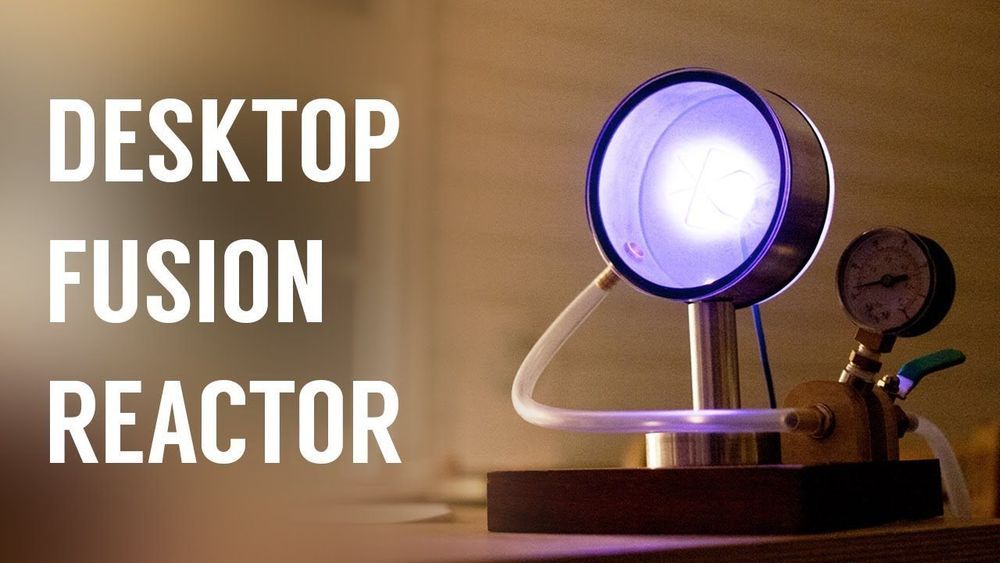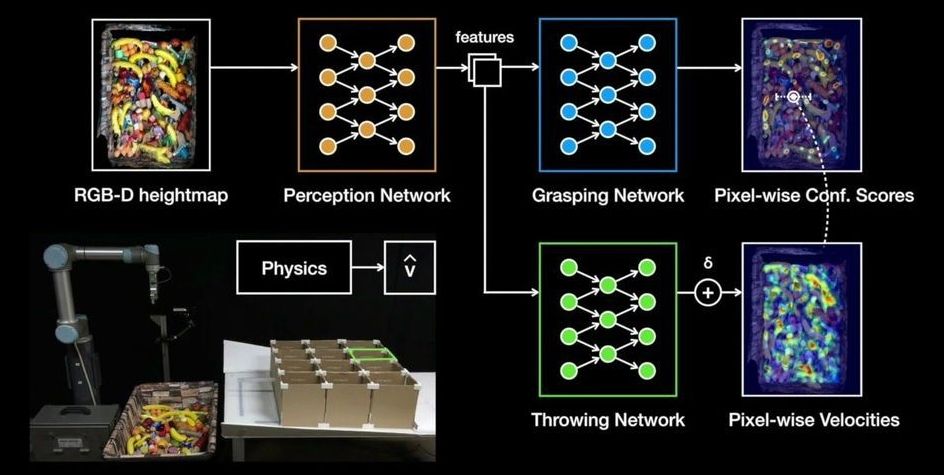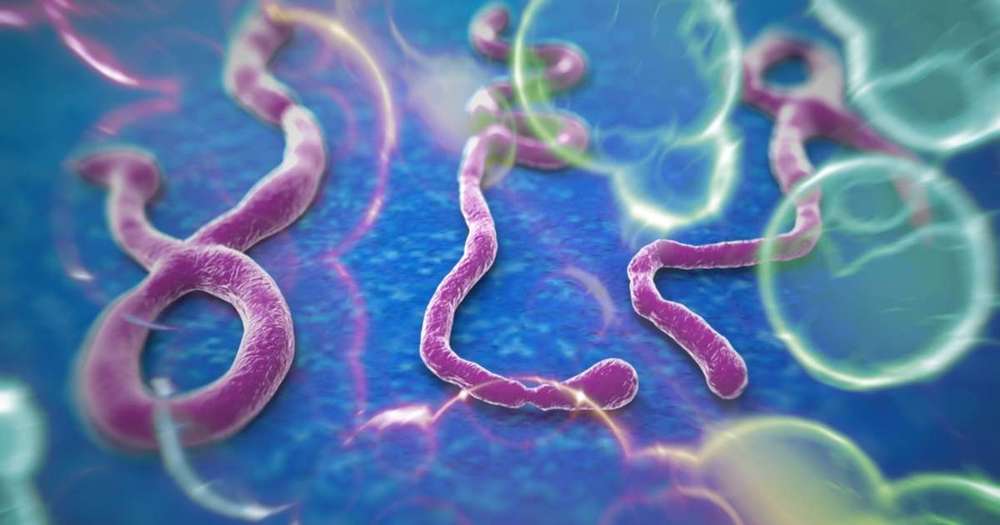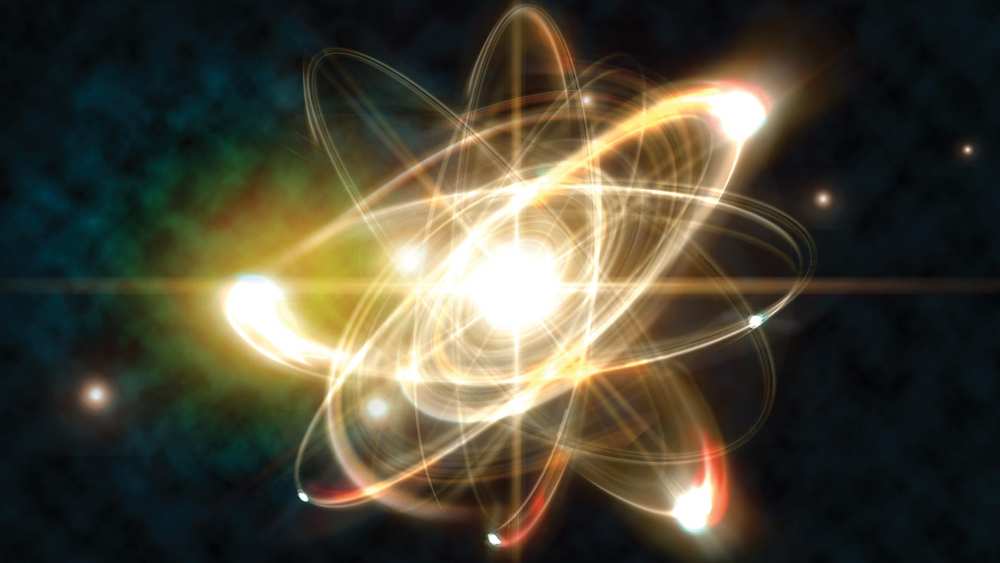Page 8988
Mar 27, 2019
Strange Earth Organisms Have Somehow Survived Living Outside The ISS
Posted by Genevieve Klien in category: alien life
Terrestrial organisms stuck on the outside of the International Space Station (ISS) have survived 533 days in the vacuum, intense ultraviolet radiation, and extreme temperature variations of space.
You know what that means? It’s not impossible for life to survive on Mars.
Of all the planets in the Solar System, Mars seems like the most likely candidate to host life. But it’s extremely inhospitable — dusty, arid, lower in gravity and oxygen, subject to harsh radiation due to its thinner atmosphere, cold and wracked by dust storms that can plunge the planet into darkness.
Continue reading “Strange Earth Organisms Have Somehow Survived Living Outside The ISS” »
Mar 27, 2019
How humans derailed the Earth’s climate in just 160 years
Posted by Quinn Sena in category: climatology
The Earth’s past shows the key role of CO₂ on climate for 4.45 billion years, and how human industrial activity has disrupted its cycle at an unprecedented rate over the past 160 years.
Mar 27, 2019
We’re in the middle of the second-deadliest Ebola outbreak ever
Posted by Quinn Sena in category: biotech/medical
More than 1,000 people have been infected with Ebola in the Democratic Republic of Congo since August 2018, according to the World Health Organization. The hemorrhagic fever, which is concentrated in the provinces of North Kivu and Ituri, has killed 629 people as of Sunday. That makes it the second worst Ebola outbreak on record, after the one that began in West Africa in 2014, which infected more than 26,000 and killed an estimated 11,300 people over the course of two years.
Here’s what you need to know:
Ebola is actually a group of viruses that appear to be spread by bats to humans and other primates such as apes and chimpanzees. It is transmitted through bodily fluids, including blood, poop, vomit, urine, breast milk, and semen. It can enter a person’s body through cuts in the skin, or through mucous membranes—tissues that line the eyes, nose, mouth, urethra, and vagina. At first, Ebola may seem like the common flu. Symptoms include exhaustion, aches and pains, vision problems, and stomach pain. But in most patients, Ebola quickly escalates to a full-blown hemorrhagic fever, which leads to bleeding, organ failure, and in many cases, death.
Continue reading “We’re in the middle of the second-deadliest Ebola outbreak ever” »
Mar 27, 2019
Physicists Create Stable ‘Supercrystals’
Posted by Quinn Sena in categories: materials, physics
Stimulation with ultrafast light pulses can realize and manipulate states of matter with emergent structural, electronic and magnetic phenomena. According to a new study, published in the journal Nature Materials, an ultrafast laser pulse plus ‘frustration’ resulted in a new state of matter — a ‘supercrystal.’
Mar 27, 2019
Turing Award Won by 3 Pioneers in Artificial Intelligence
Posted by Genevieve Klien in categories: government, robotics/AI
It was a way for machines to see the world around them, recognize sounds and even understand natural language. But scientists had spent more than 50 years working on the concept of neural networks, and machines couldn’t really do any of that.
Backed by the Canadian government, Dr. Hinton, a computer science professor at the University of Toronto, organized a new research community with several academics who also tackled the concept. They included Yann LeCun, a professor at New York University, and Yoshua Bengio at the University of Montreal.
On Wednesday, the Association for Computing Machinery, the world’s largest society of computing professionals, announced that Drs. Hinton, LeCun and Bengio had won this year’s Turing Award for their work on neural networks. The Turing Award, which was introduced in 1966, is often called the Nobel Prize of computing, and it includes a $1 million prize, which the three scientists will share.
Continue reading “Turing Award Won by 3 Pioneers in Artificial Intelligence” »
Mar 27, 2019
“Fake Alcohol” That Gets You Buzzed but Never Drunk Is on the Way
Posted by Victoria Generao in category: health
Hhhmm… the “science” behind this is still suspicious…
It reportedly won’t cause hangovers or long-term health issues, either.

So this was a fun project to try, fusion is the gold standard of energy and I wanted to try making a reactor of my very own.
The design is loosely based on a Farnsworth Fusor — powered off a 10KV transformer, stepped up to 70KV with a voltage multiplier.
Mar 27, 2019
This Superfluid Is Alive, And It Could Power Machines of the Future
Posted by Quinn Sena in categories: physics, solar power, sustainability

Fluids with zero viscosity seemingly defy the laws of physics and they have endless applications. But they’ve been hard to make, until now. The secret? Bacteria!
Scientists’ Crazy Plan to Power Solar Panels With E. Coli — https://youtu.be/_XZGrZ3DeLg
Continue reading “This Superfluid Is Alive, And It Could Power Machines of the Future” »
Mar 27, 2019
Spintronics: Electronics with a spin and “the ultimate potential of graphene”
Posted by Quinn Sena in categories: materials, particle physics
SciTech Europa explores some of the research taking place in the exciting field of spintronics, from spin-orbit coupling to practical spintronic devices.
















